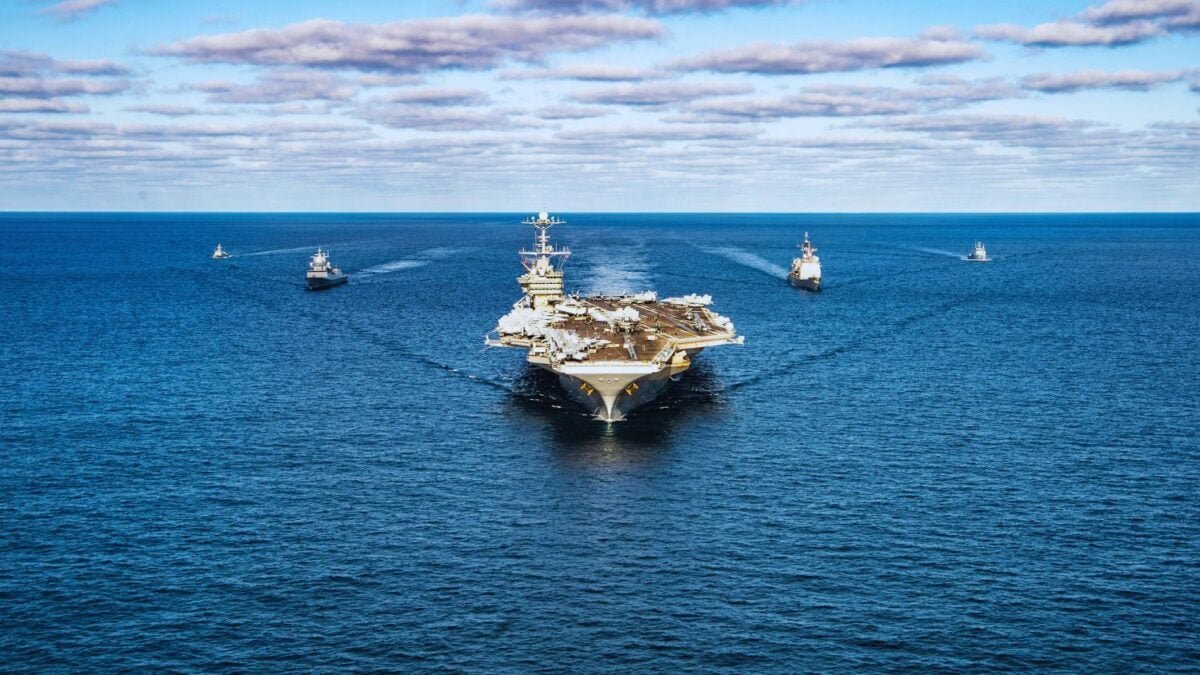The Latin American nation surpasses Brazil to become a rising naval power, surprising analysts with military modernization.

For decades, Colombia had not been among the protagonists of the global naval competition. But something is changing. What was once considered a regional power has managed to break into the global naval arena. Its military modernization is so ambitious that it is already rewriting the geostrategic balance of the region.
The new military era of Colombia
It is the result of a long-term strategy focused on technology, training, and international cooperation. For years, the National Navy has invested in its fleet, incorporating state-of-the-art oceanic patrol vessels, multipurpose frigates, and submarines with advanced detection systems. The ranking of confirmed what many observers already suspected: Colombia’s naval transformation places it alongside historical powers such as Russia, India, or Sweden. In the global ranking of 2025, far above regional giants like Brazil, Mexico, or Chile. For a country with coastline along both the Caribbean and the Pacific, dominating the sea has become a strategic priority. The new trade routes, maritime resources, and energy border surveillance.
Technology and training: the pillars of the leap
It is not just about the number of ships, but about their technological level and operational capacity. According to the report, the Navy has 217 patrol vessels, 4 submarines, 2 corvettes, and 4 frigates, all equipped with state-of-the-art radar, communication, and electronic defense systems. These alliances have allowed them to adopt modern tactics, participate in international exercises, and improve interoperability with other forces. The new shipyards and integrated command centers give them technological autonomy: the ability to build and maintain their own arsenal without depending entirely on foreign suppliers. A step that few countries in the region have been able to take.
The weight of international cooperation
Participation in combined exercises has strengthened its reputation and allowed it to test its capabilities against real challenges, from combating drug trafficking to protecting strategic routes. Furthermore, in terms of intelligence and maritime surveillance has solidified its position as a reliable partner in the Atlantic. For military analysts, Colombia has understood that modern defense depends not only on weaponry, but on global integration and technological exchange. What began as a coastal defense policy has turned into an international presence project.
A new geostrategic board
Seeing a Latin American country on that list not only surprises; it redefines the global military landscape. Colombia’s modernization demonstrates that emerging powers can challenge the established order with planning, innovation, and perseverance. In a continent where the sea is often a forgotten territory. With its expanded fleet, international training, and strategic vision, Colombia has become a new voice within the global balance. And although it does not yet rival the giants, its message is clear: can also write its own story of power.




